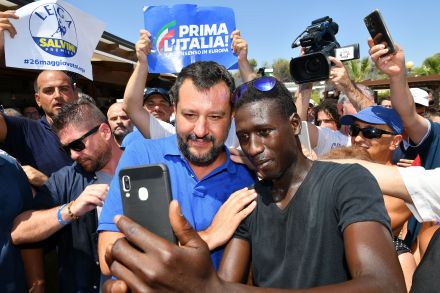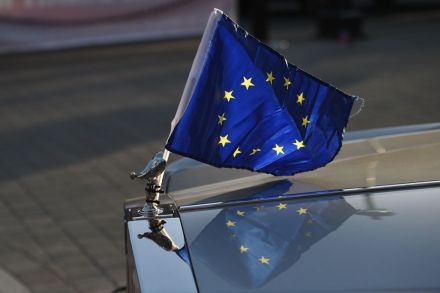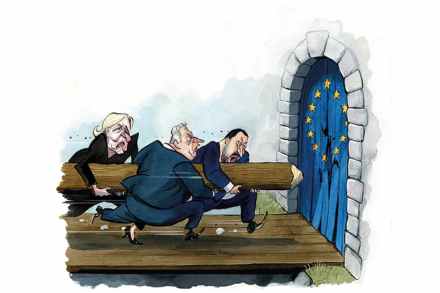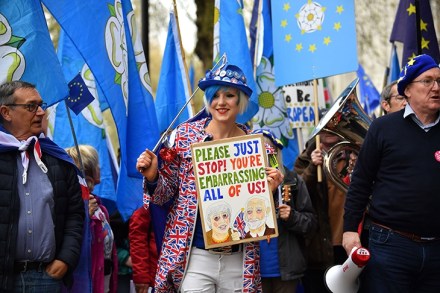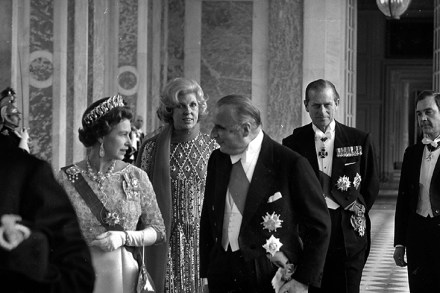Matteo Salvini prepares for his big gamble
Italians have had ten prime ministers in the last 20 years. They may soon have another. Matteo Salvini, the interior minister, deputy prime minister, and leader of the League, is ready to pull the plug on a coalition government increasingly pitted against itself. The League and its coalition ally, the Five Star Movement or 5SM, are less ideological brothers-in-arms than sibling rivals forced to live under the same roof. Salvini and Five Star Leader Luigi Di Maio are two strong personalities who were never completely aligned to begin with – Salvini having represented Italy’s industrial north, Di Maio coming onto the national scene as the leader of a grassroots party
